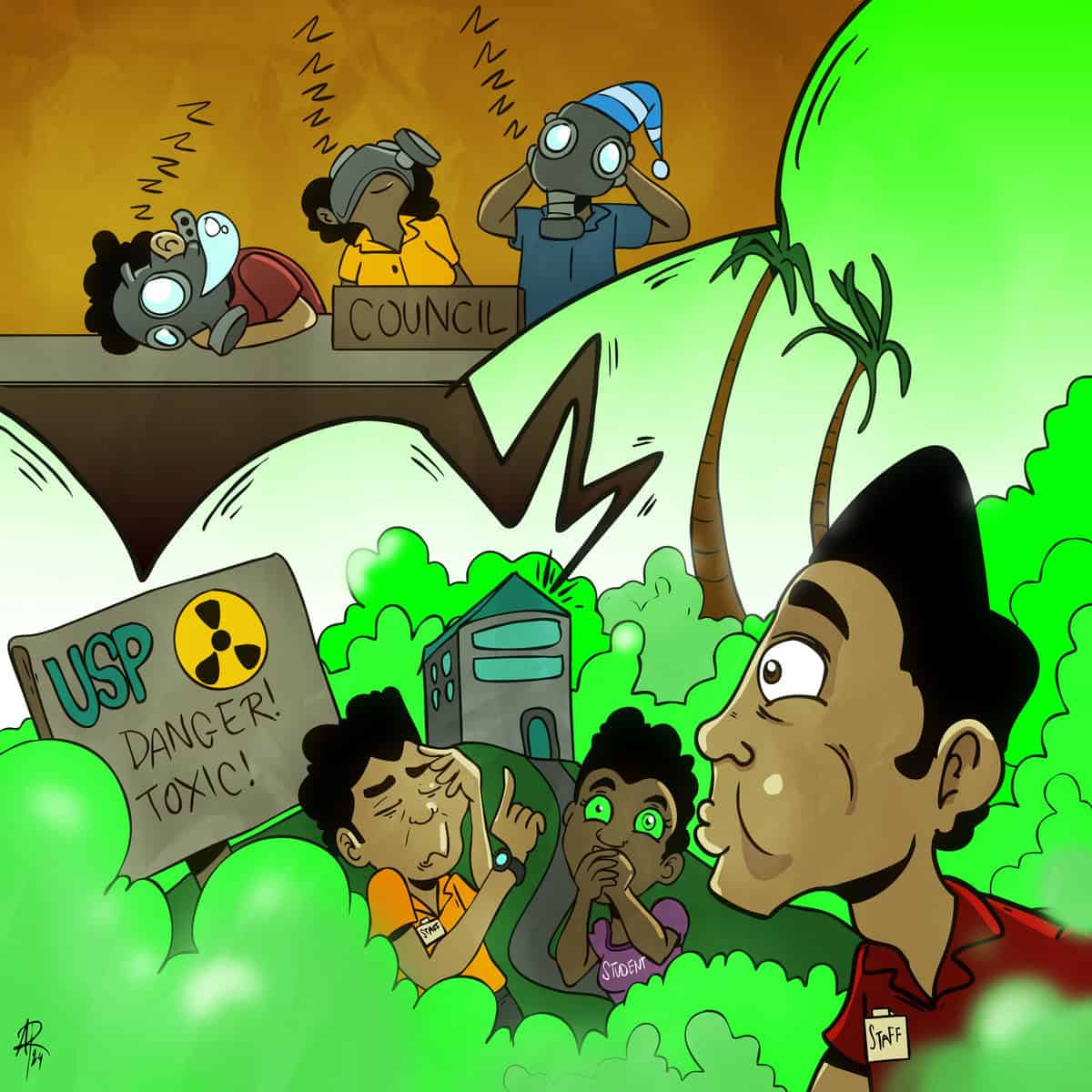Academics warn of 'toxic' atmosphere damaging the region's largest university
Growing discord within the ranks of the University of the South Pacific ( USP ) escalated further this month with the summary dismissal of a mid-career academic. With USP’s two unions having already voted to go on strike in March this year over what they claimed to be unresolved pay and staffing issues, the dismissal of Dr . . .
Please Subscribe to view full content...
